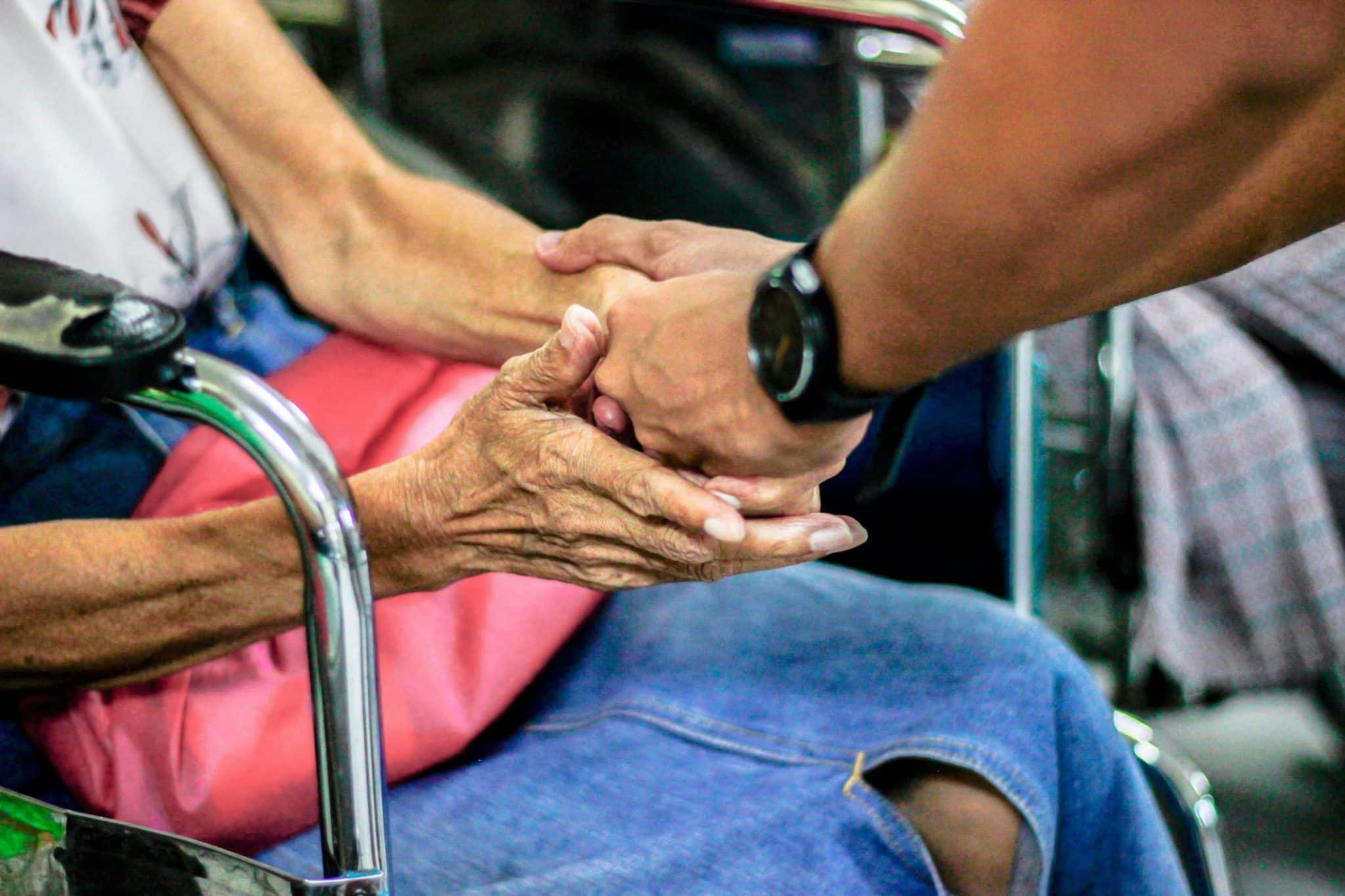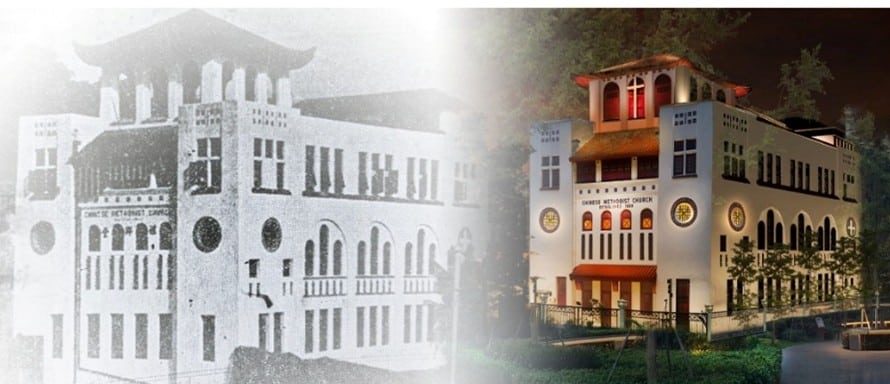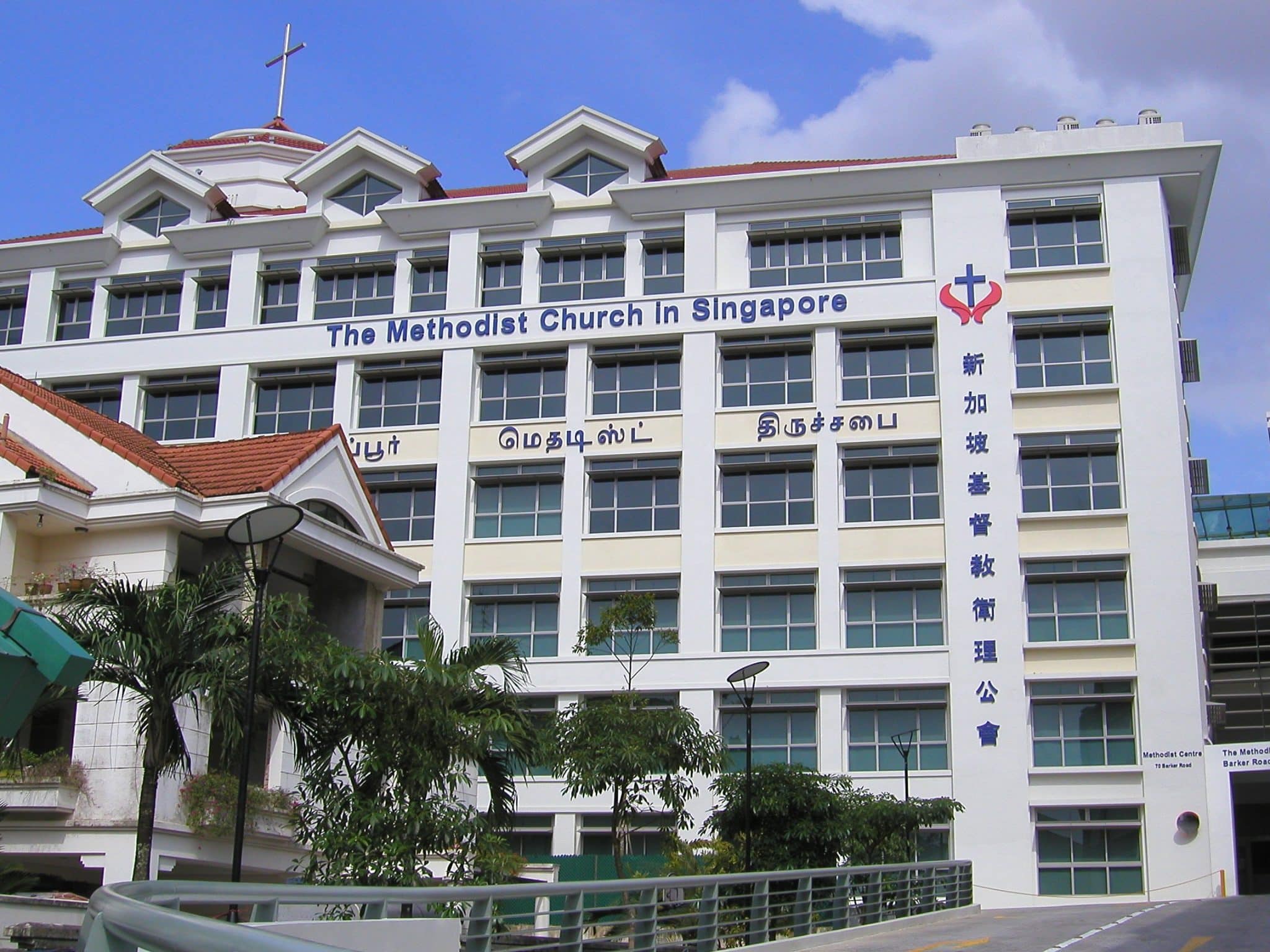Are John Wesley’s words to modern Methodists about community life still relevant today?
This article is published in partnership with The Methodist Church in Singapore.
Rev Dr Chiang Ming Shun // April 29, 2024, 3:49 pm

"It is not just women but every person that has equal worth in God's sight," reminds Rev Dr Chiang Ming Shun. "To this end, Methodists seek to work towards societies in which each person's unique value is recognised, affirmed and strengthened." Photo by Jem Sahagun on Unsplash.
Every Christian aspires to obey God, avoid evil and do good. But some modern day predicaments are not discussed specifically in the Bible. How, then, can we apply biblical principles to our lives?
In this series, The Methodist Church in Singapore shares reflections on its Social Principles which, more than ever before, can help believers live by God’s firm principles in today’s volatile and complex world.
Here, Rev Dr Chiang Ming Shun looks at how the Church can respond to the community life of our day through a biblical lens, by the grace of the Holy Spirit.
Active members of society
When the Methodist Social Principles refer to Community Life, they mean the community and society at large, not just Methodist communities. And Methodists are called to be active members of society.
When John Wesley gathered together people in Methodist groups, he reminded them of two circumstances of their situation then.
One was that they were “a low, insignificant people … without riches, (for you are poor almost to a man, having no more than the plain necessaries of life,) and without either any extraordinary gifts of nature, or the advantages of education”.
The Methodists tried to improve their situation and help out others in their communities.
The other was that “whereas every other religious set of people, as soon as they were joined to each other, separated themselves from their former societies or congregations; you, on the contrary, do not; nay you absolutely disavow all desire of separating from them”. He was, of course, referring to the circumstances of his day.
Wesley wrote this to warn Methodists that, because they remained in civil society, they would offend many people by their principles and their very name.
But his reminder shows clearly that early Methodists were poor, uneducated and very much a part of their communities.
So, to help out those early poor Methodists and their communities, Wesley put in place several innovations: He started a micro-loan scheme called the Lending Stock giving out loans of up to £1; he ran a Medical Assistance programme with a surgeon and an apothecary to dispense medicine; he opened The Poorhouse for widows and poor children; and he began Little Societies for children for their instruction and exhortation.
In 1748 in Bristol, Wesley opened the Kingswood School, today the world’s oldest Methodist school. Later, in Britain, Methodists helped start trade unions and the Labour Party. Methodists were members of the Tolpuddle martyrs, a persecuted trade union of farm workers.
The Methodists tried to improve their situation and help out others in their communities.
Equal worth in God’s sight
Over time, Methodists have generally become more affluent.
In Singapore, the Methodist Church (and churches in general) attract middle- or upper-middle class congregations. Methodists are still very much a part of Singapore society. And we also work hard to build community and improve society.
We run 15 schools and about a dozen pre-schools in Singapore, providing education to over 20,000 students. In addition to the efforts and initiatives of local churches sponsoring Family Service Centres and Senior Activity Centres, we have the Methodist Welfare Services running nursing homes, homes for children and the destitute, a senior care centre and a shelter for women.
We provide home care and hospice services. All these regardless of race, language or religion. We do this because we believe that the aged, the children and the disabled have particular rights in society, and our Social Principles make these clear. We continue to champion these rights by helping out others in our society.
It is not just women but every person that has equal worth in God’s sight.
We also believe that women have equal rights with men. In Wesley’s day, only men could vote, be elected to public office and be ordained. But even then the Methodists allowed women to be leaders and preachers in the movement.
In 1866, the Methodists ordained our first female minister. In 1980, Methodists elected our first female bishop. Today, when the British Methodist Conference elect their President and Vice-President, they choose at least one woman. In Singapore, we regularly and happily ordain female ministers.
In fact, it is not just women but every person that has equal worth in God’s sight.
Our Methodist Social Principles recognise that Singapore is a multi-racial, multi-cultural and multi-religious society and stress that Methodists “seek to work towards societies in which each person’s unique value is recognised, affirmed and strengthened”.
To this end, we believe in open dialogue with persons of other faiths and we affirm the right of other religious groups to exercise their faith. All of us have the right to share our faith “without misrepresenting the faiths of others”.
Methodist ministers sit on Inter-Religious Confidence Circles throughout Singapore and work for and ensure multi-racial and multi-religious harmony.
We do all these to better society and build community.
Wesley said that the world is his parish, and Rob Haynes, writing for World Methodist Evangelism, says that a parish is organised for three things: Firstly, it provides a Christian presence for all. Secondly, it provides care for all. Thirdly, it strives to make the local church part of a larger community. That is what the Methodist Church tries to do in Singapore.
1 “Advice to the People Called Methodists” in John Emory, The Works of the Reverend John Wesley, A.M., Volume V (New York: T. Mason and G. Lane, 1839), pp. 250-251.
2 Emory, Works, p. 251.
3 “Our Heritage of Social Action”, The Methodist Church, Trustees for Methodist Church Purposes, n.d., https://www.methodist.org.uk/action/our-heritage-of-social-action/#:~:text=For%20John%20and%20Charles%20Wesley,can%2C%20give%20all%20you%20can.
4 See Tolpuddle Martyrs Museum, Tolpuddle, Dorset, 2024, https://www.tolpuddlemartyrs.org.uk/story/meet-the-martyrs
5 “The Sphere of Community Life”, The Book of Discipline (Singapore: DRC, 2022), ¶87 and ¶87 (c).
6 Rob Haynes, “The World is Our Parish”, Memphis, TN, n.d., https://worldmethodist.org/the-world-is-our-parish/
The Methodist Social Principles on the Sphere of Community Life articulate the response of The Methodist Church in Singapore to social issues that Christians face today. These are not rules, but guidelines drawn from Scriptural and theological foundations as well as Methodist traditions.
Watch this space for the next social principles article on economics: The Bible doesn’t talk about stocks, bonds and bitcoins, so what should we do?
RELATED STORIES:
In an age of AI, IVF and NFTs, are Christian social principles still relevant?
In an age of AI, IVF and NFTs, are Christian social principles still relevant?
In an age of AI, IVF and NFTs, are Christian social principles still relevant?
Family Devotion Day 18: God can use you to change the world!
In an age of AI, IVF and NFTs, are Christian social principles still relevant?
We are an independent, non-profit organisation that relies on the generosity of our readers, such as yourself, to continue serving the kingdom. Every dollar donated goes directly back into our editorial coverage.
Would you consider partnering with us in our kingdom work by supporting us financially, either as a one-off donation, or a recurring pledge?
Support Salt&Light



